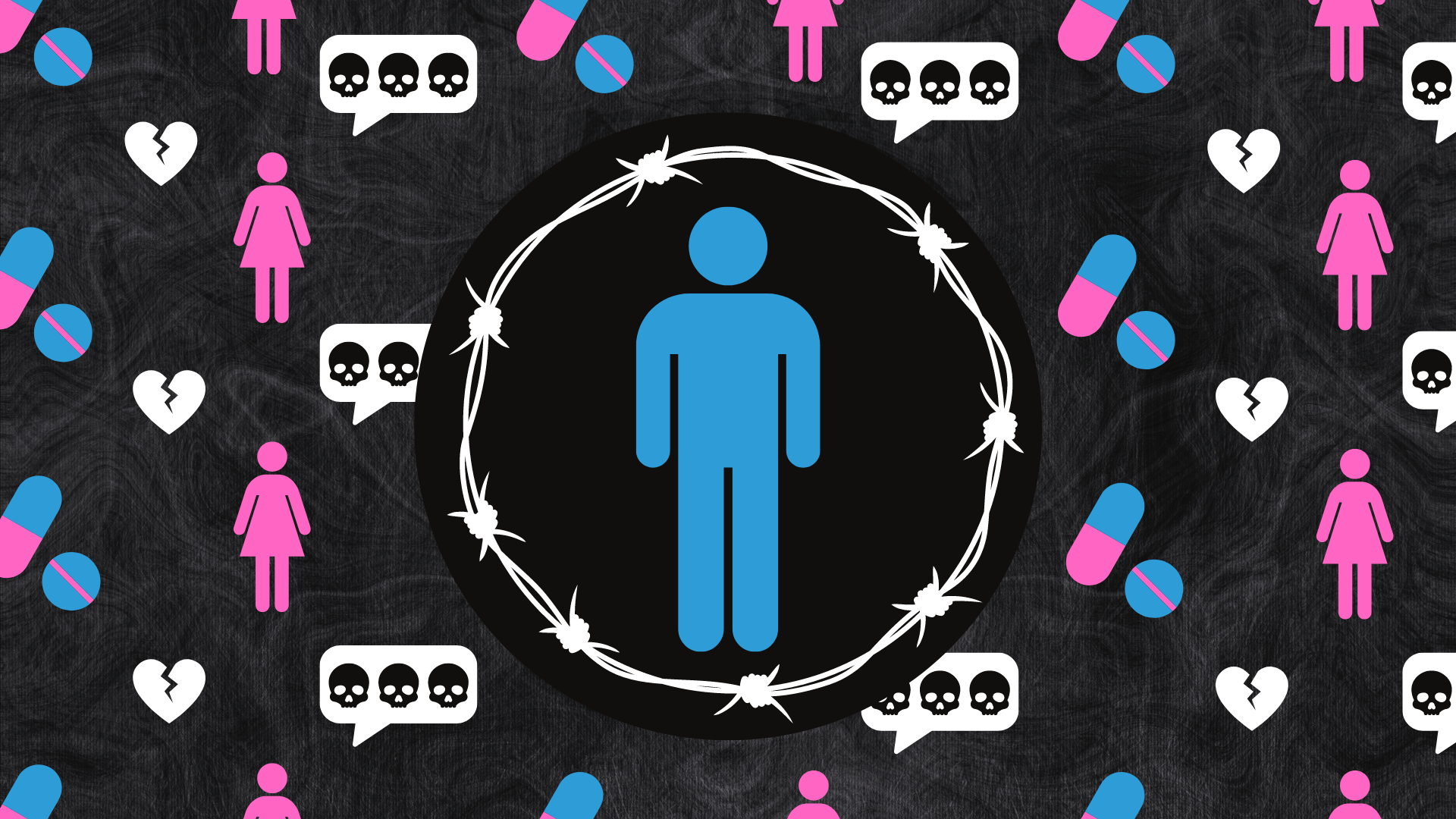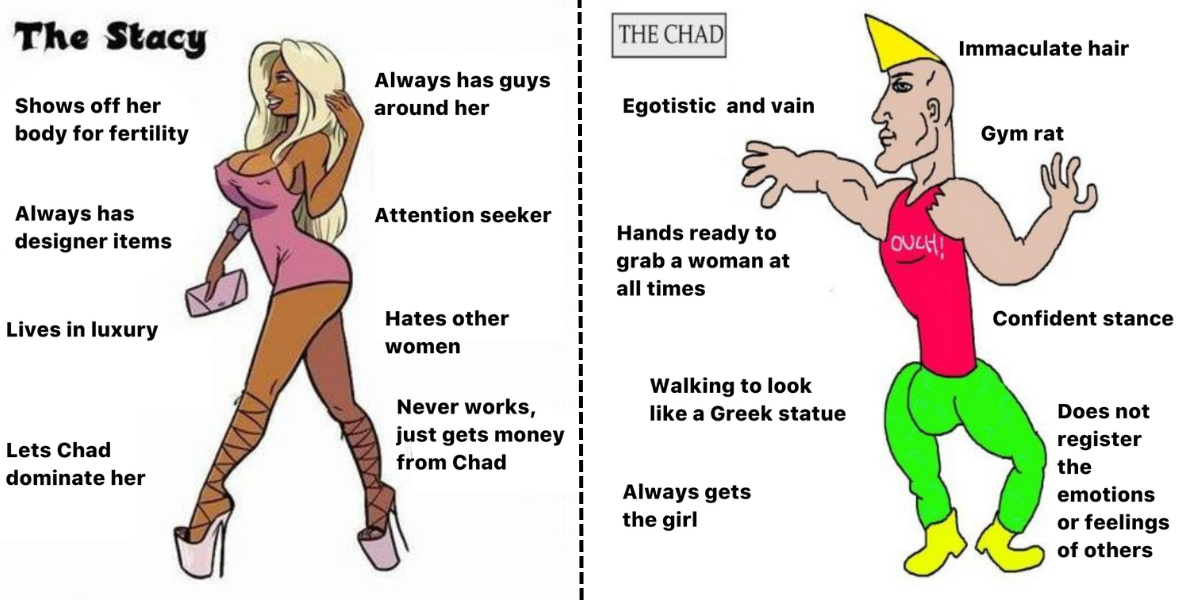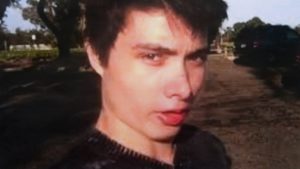By: Emily Froming
With incel activity evolving and becoming more extreme by the day, it’s important to understand their origins and psychology. Potential attacks against women remain a concern.

What are Incels?
Incels, short for “involuntary celibates,” are usually heterosexual men who blame women as a gender for their lack of success in their romantic and sexual lives. The term is used as a noun to identify a member of the belief subculture.
The word incel is thought to have first originated in the 1990s, during the early days of the internet. However, it had a much more innocent connotation — it was used as a way to describe one’s awkwardness when it came to the world of sex and dating.
People, usually men, who didn’t know how to talk to women found communities within online forums where they could ask female members of the community for advice on overcoming their shyness.
In the decades since then, the term today has become associated with resentment, misogyny, and violence.
Although incel behavior can come in different forms, its underlying ideology is the same — incels identify as having become “blackpilled,” meaning that they believe that there’s no way out of a problem, or that they will “lose” no matter what they do in society.
It’s an extreme version of nihilism born from their hatred towards successful or romantic women. The hatred manifests in additional ways, namely derogatory categories used to characterize how they see other men and most women. These profiles are based on incel’s perceived sexual hierarchy.
Incels believe the extreme “sexual” version of a woman is a “Stacy” — a lady believed to have too much power when it comes to choosing a romantic or sexual partner.
Stacy will always reject incels in favor of “Chads” — hypermasculine, confident, assertive men who always get the girl and oppress the incel. Stacys are only attracted to physical appearance, and will manipulate men for their own pleasure.

All this coded language veils a hidden well of self-loathing and deep-seated resentment towards women for denying them their “sexual birthright.”
While the majority of incel belief and subculture is nothing more than misogyny on full display, some men will express extreme resentment and turn violent.
Case Study: Elliot Rodger
Most incels never get to the point of committing a heinous act, but there is always a possibility.
The most notable case of a deadly attack targeting women is that of Elliot Rodger, who went on a shooting spree near the University of California Santa Barbara in 2014, killing six people and leaving 14 people wounded before he committed suicide.

Still image from Rodger’s video manifesto, via BBC News.
Prior to his rampage, Rodger killed his three roomates, and posted a chilling video manifesto titled “Retribution” detailing how he blames women for his unhappiness, while referring to himself as the epitome of a “gentleman.”
Also in his typed 141-page manifesto titled “My Twisted World,” Rodger describes women as a plague, and as animals who are controlled wholly by their “primal emotions and impulses.”
He simplified his worldview as such: “The most meanest and depraved of men come out on top, and women flock to these men.” Soon, he began to view himself as a revolutionary, proclaiming that “One day incels will realize their true strength and numbers, and will overthrow this oppressive feminist system. Start envisioning a world where WOMEN FEAR YOU.”
Rodger’s attack and manifesto led to some incels to regard him as a hero, thanking him for attacking the Alpha Phi sorority house. The website Rodger frequented and often discussed his extreme views on has since been taken down, but its inhabitants have spread to other locales.
One Reddit user commented on the attack, saying, “I heard that New Yorkers became a lot nicer after 9/11. Could this happen to women as a gender after today’s events? I’m seeing that some feminists’ subreddits are toning down their anti-male vitriol after today’s incident.”
After someone pointed out that this was a targeted attack on women, the same user responded, “get shot slut.”
Rodger’s attack inspired similar ones, such as a 2018 shooting in Toronto which left two dead and thirteen people injured. Rodger’s manifesto was found on electronic devices belonging to the Toronto shooter, and the shooter had a history of suicidal ideation.
Incel Activity Online is ‘Becoming More Extreme’
Incel communities can notoriously be found on sites such as 4chan and Reddit — and it’s only becoming more extreme.
A study published in January of this year carried out by researchers from the University of Exeter in England found a significantly greater volume of incel discussion online. The researchers analyzed millions of posts between 2014 and 2022, finding a stark increase in the use of dehumanizing labels — like Femoid/Foid (female-humanoid) or FOLM (an acronym for female genitalia) — and words depicting violence against women.
Violence ideation was prevalent across the “incelosphere,” the researchers concluded.
History has shown that advances in equality often lead to backlash from the person who previously wielded more power over others, and this is the case with incels. Although there is still much work to do in creating an equitable for all genders, progress has been made in recent years.
This could partially explain the increased prevalence of incels.
The internet does little to temper these ideas — online echo chambers work to only further radicalize people. Incels are able to discuss their resentment and hatred among people who only encourage this type of thinking.
Incels and potential attacks against women remain a concern today.
Organizations such as the U.S. Secret Service’s National Threat Assessment Center have looked into classifying incel ideology as a type of terroristic threat. As public awareness about incels continues to grow, it is important to understand the background of such a movement.
